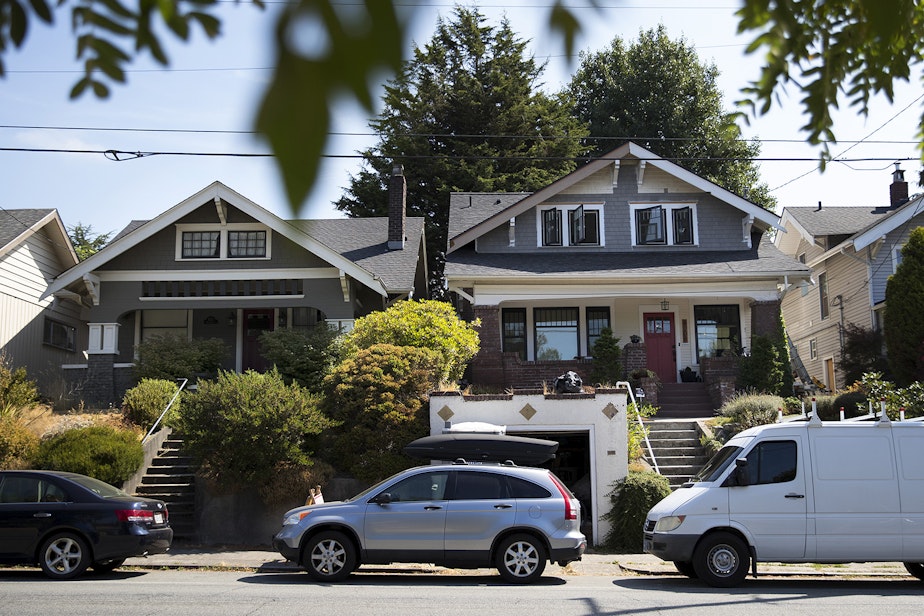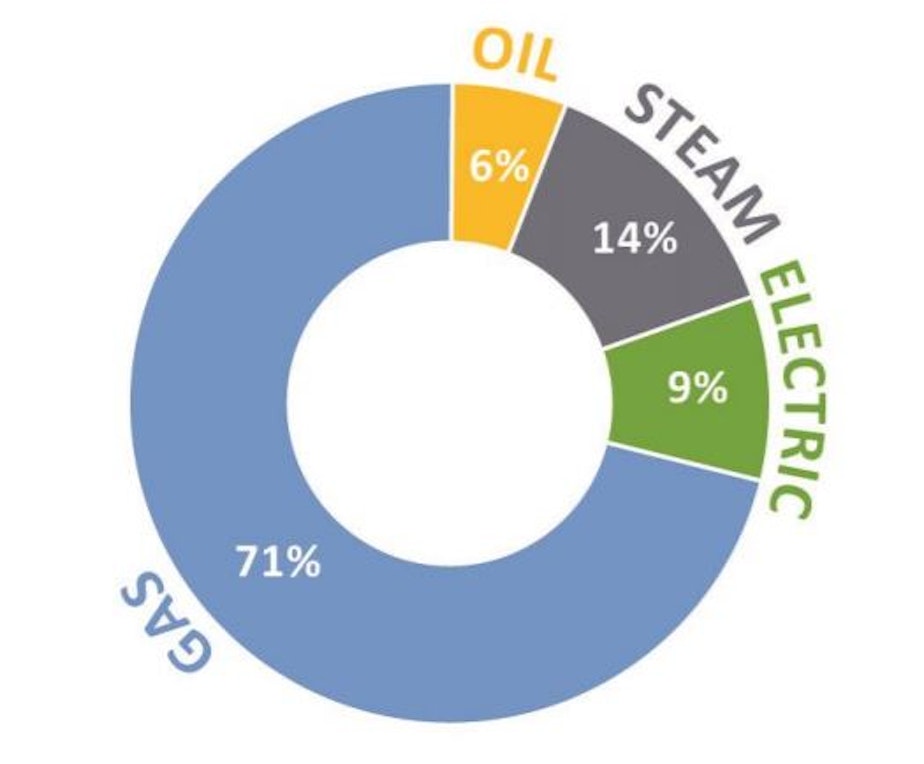Seattle taxes oil heating, postpones action on natural gas

Seattle Mayor Jenny Durkan has signed a tax on heating oil into law.
Money from the 24 cents per gallon tax would go to help homeowners replace their oil heat with climate-friendly alternatives.
The mayor's office says the move to tax heating oil, starting in July, and phase out the fuel by 2028 would help combat the climate crisis and is "a key step to becoming carbon neutral by 2050."
Buildings are a major source of Seattle's climate-harming emissions, though only 6 percent of those building emissions come from oil, according to the city's most recent greenhouse gas inventory, for 2016.

The lion's share comes from natural gas. Durkan said she does not support activists' and Councilmember Mike O'Brien's call to ban gas in new buildings.
Sponsored
Her press release on the oil tax praised the affordability of all-electric heat. Still, she suggested banning gas could drive up housing costs when KUOW's Bill Radke asked her what she thought of the proposed ban.
"Is it the time to make it more expensive to build low-income housing and affordable housing in the city of Seattle, and are there ways we can phase it in or do other things?" she said on KUOW's The Record.
Durkan said she also wanted to make sure that as the city starts to move toward a carbon-free economy, we make sure construction and other workers can continue to have family-wage jobs.
The Seattle City Council delayed consideration of a proposed ban on natural gas installation after pushback from businesses.
Largely because six times more houses in the city rely on gas than oil, heating oil in Seattle buildings causes less than one-tenth the climate damage that natural gas use in Seattle buildings does, according to the city's greenhouse gas inventory.
Sponsored
In California, nine cities including Berkeley and San Jose have banned or clamped down on natural gas in new housing this year.
In Seattle, the share of new homes with gas heat has been steadily declining.
Last year, 65 percent of new houses in the city had all-electric heat, with no gas and no oil, according to the county assessor's office.
This story has been updated.




